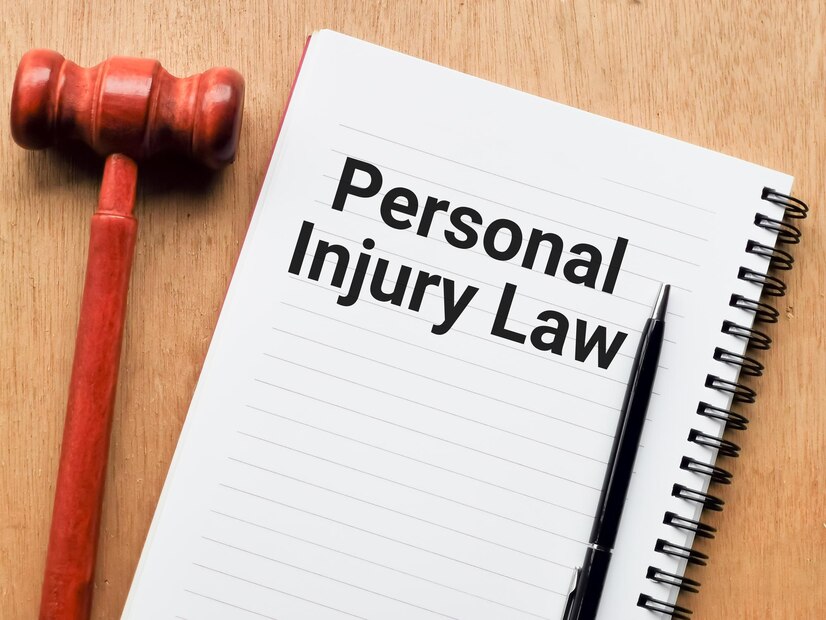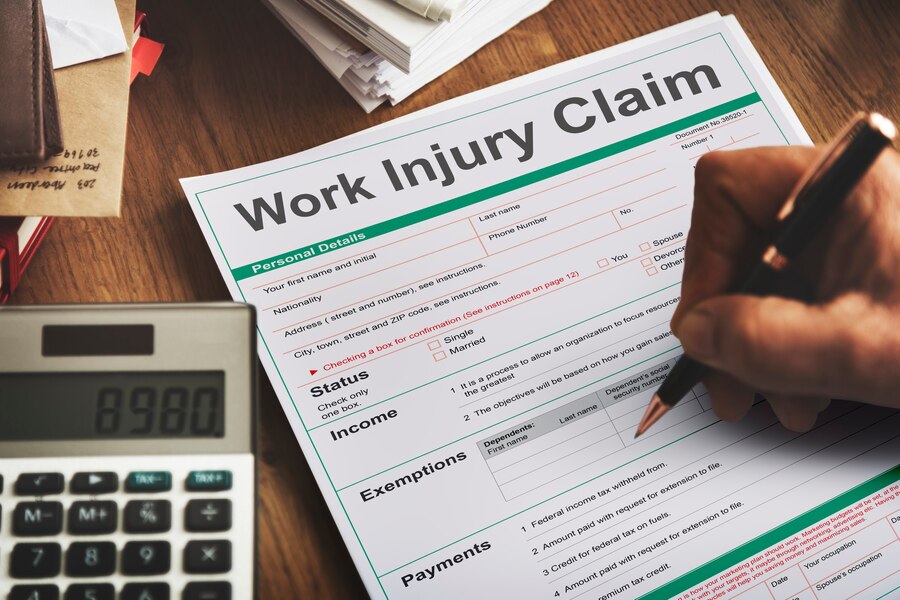Personal Injury Cases: A Guide For Victims

Accidents are unfortunate incidents, and nobody really forecasts them. While they are a big deal in themselves, what’s more daunting is the legal case that comes with it. Navigating the legal process can be overwhelming when you are injured or involved in an accident.
The legal system is filled with complex terminology and jargon that may confuse and frustrate victims seeking justice. To help injury and accident victims make sense of the legal jargon, this guide provides a clear overview of key terms and concepts frequently encountered in personal injury cases.
So, make sure you stay tuned with us till the end as we walk you through some important details.
Negligence: Understanding The Foundation Of Personal Injury Cases
Negligence is the governing concept in personal injury law, which refers to the failure of an entity to exercise reasonable care. This can result in harm or injury to another person. In each state, people must strive to conduct behaviors that can reduce negligence when it comes to personal injury cases.
Statute Of Limitations: Time Constraints On Filing Claims
The statute of limitations implies the timeframe for a victim to file a legal claim. It varies based on the jurisdiction and the type of case. Injury and accident victims must be aware of the applicable statute of limitations, as failing to file a claim within the specified period can result in losing the right to seek compensation.
Compensation: Types And Factors Considered
Compensation, or damages, is the financial recovery sought by injury and accident victims. It aims to compensate for the losses incurred due to the accident or injury.
Types Of Compensation One Might Receive
There are two main types of compensation: non-economic and economic. Economic damages cover losses such as medical expenses and lost wages, while non-economic damages cover intangible losses like pain and suffering.Damages caused by a personal injury case are usually cataloged into the following:
-
Financial Damages
With the nature of being straightforward, financial damages usually come with clear price tags. Financial damage might consist of medical bills, earning potential damages, and even property ruins. Compensating for financial damage is comparatively easy. All you have to do is keep track of each receipt, invoice, and documentation for claiming.
-
Non-Financial Damages
When it comes to non-financial damages, they are a bit subjective as compared to economic ones. These damages are the personal sufferings one might face during the accident. Losing a body part or the potential to perform a certain activity generally comes under non-economic damages.
It is a lot more difficult to compensate for non-economic damage since it encompasses pain and suffering, decreased quality of life, and lost companionship. When it comes to compensating non-economic damages, you might have to seek help from a personal injury attorney. Generally, it is one of the most complex parts of negotiating the settlement.
Your personal injury lawyer is most likely to ask you the following questions:
- Did the accident cause you significant pain?
- Do you face any mental health concerns associated with the accident?
- Is there any new physical or mental limitation?
- How long can these limitations last?
- Does the injury need future medical treatment?
Answering these questions genuinely and with complete details is the key to claim your compensation.
Liability: Determining Responsibility For The Injury Or Accident
Liability refers to legal responsibility for an injury or accident. Establishing liability involves proving that the defendant’s actions or negligence caused the harm suffered by the victim. Liability can be attributed to individuals, companies, government entities, or a combination thereof. It is essential to gather evidence and consult with legal professionals to determine liability accurately.
Settlement Vs. Trial: Weighing The Options
Victims can settle or proceed to trial when pursuing a personal injury case. A settlement is a consensus between the victim and the responsible party, typically involving a monetary payment. Conversely, trials involve presenting the case in court and having a judge or jury decide. It is crucial to evaluate the pros and cons of both options to make an informed decision that best suits the victim’s circumstances.
No-Win no Fee: Understanding Legal Costs
Contingency fees are a standard payment arrangement in a personal injury case. Instead of paying upfront legal fees, the victim’s attorney, such as the ones at https://www.lawadvice.com.au/, receives a specific percentage of the compensation awarded if the case is successful. This arrangement allows individuals with limited financial resources to access legal representation without incurring significant upfront costs. Clarifying the fee structure with the attorney before engaging their services is essential.
Contributory or Comparative Negligence: Assessing Shared Responsibility
In some personal injury cases, contributory or comparative negligence comes into play. Contributory negligence occurs when the victim’s actions contribute to the accident or injury. In jurisdictions that follow contributory negligence rules, if the victim is found to have any degree of fault, they may be barred from recovering any compensation. Comparative negligence, on the other hand, allows the victim to recover damages proportionate to the defendant’s level of fault.
Seeking Help From The Personal Injury Law
Every accident, small or big, is dealt with by the law, and the personal injury case is no exception. The law designed to safeguard you or your injured property owing to someone else’s lack of carefulness is called the personal injury law. When somebody is going through such a circumstance, they can seek help from this law.
If you are a victim of an accident, there are no reasons for you to face financial hardships. Just because the other person was not careful, victims don’t have to suffer- that’s the motto of the Birmingham personal injury lawyers. The intensity of the harm caused is generally not a significant factor here.
Conclusion:
Navigating the legal jargon can be daunting for injury and accident victims seeking justice. Victims familiarizing themselves with negligence, the statute of limitations, compensation, liability, settlement, trial, and contingency fees can communicate effectively with their legal representatives and assert their rights confidently.
Remember, seeking professional legal advice is crucial for thoroughly understanding the specific circumstances surrounding your case and the best course of action to pursue.
Read Also:














